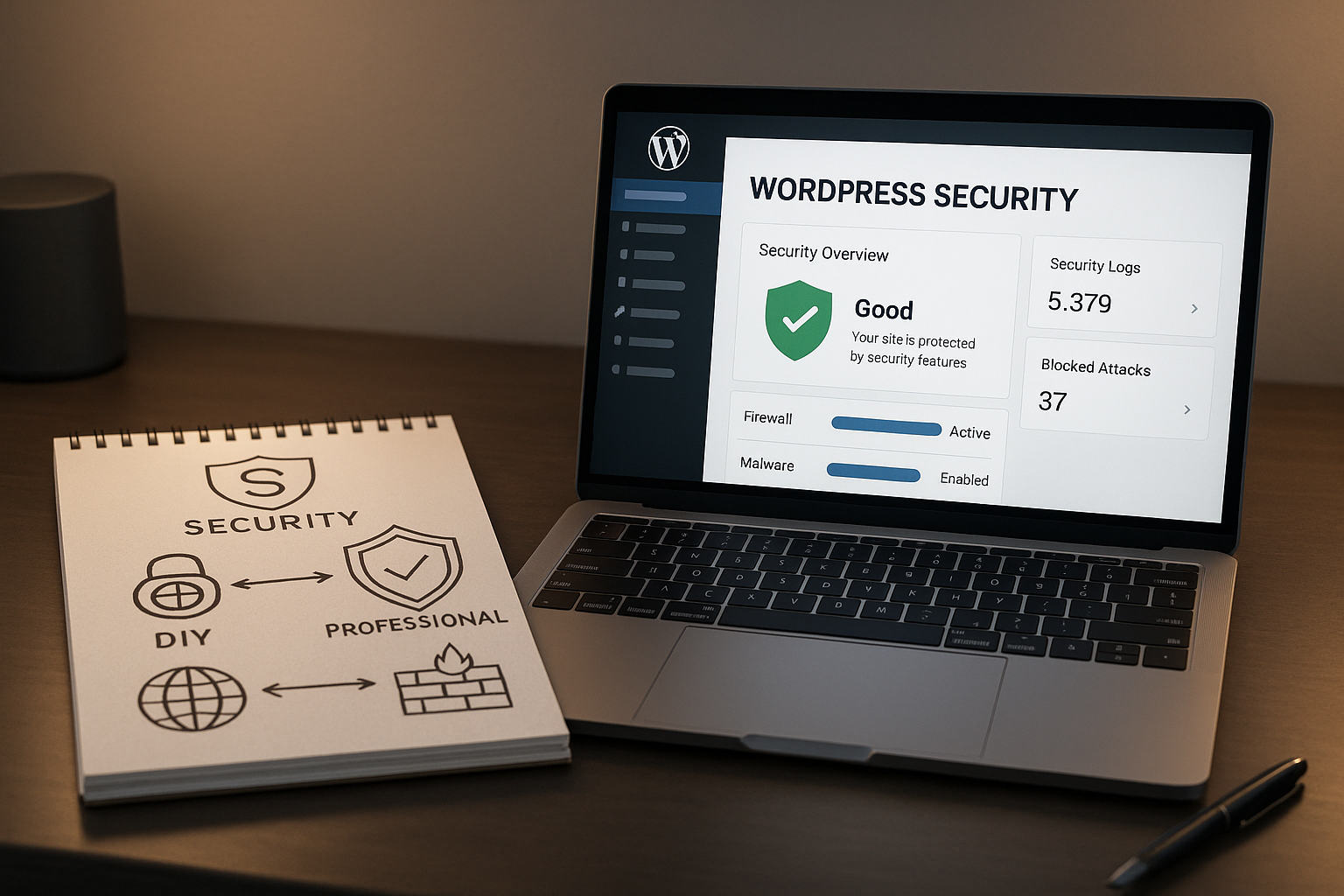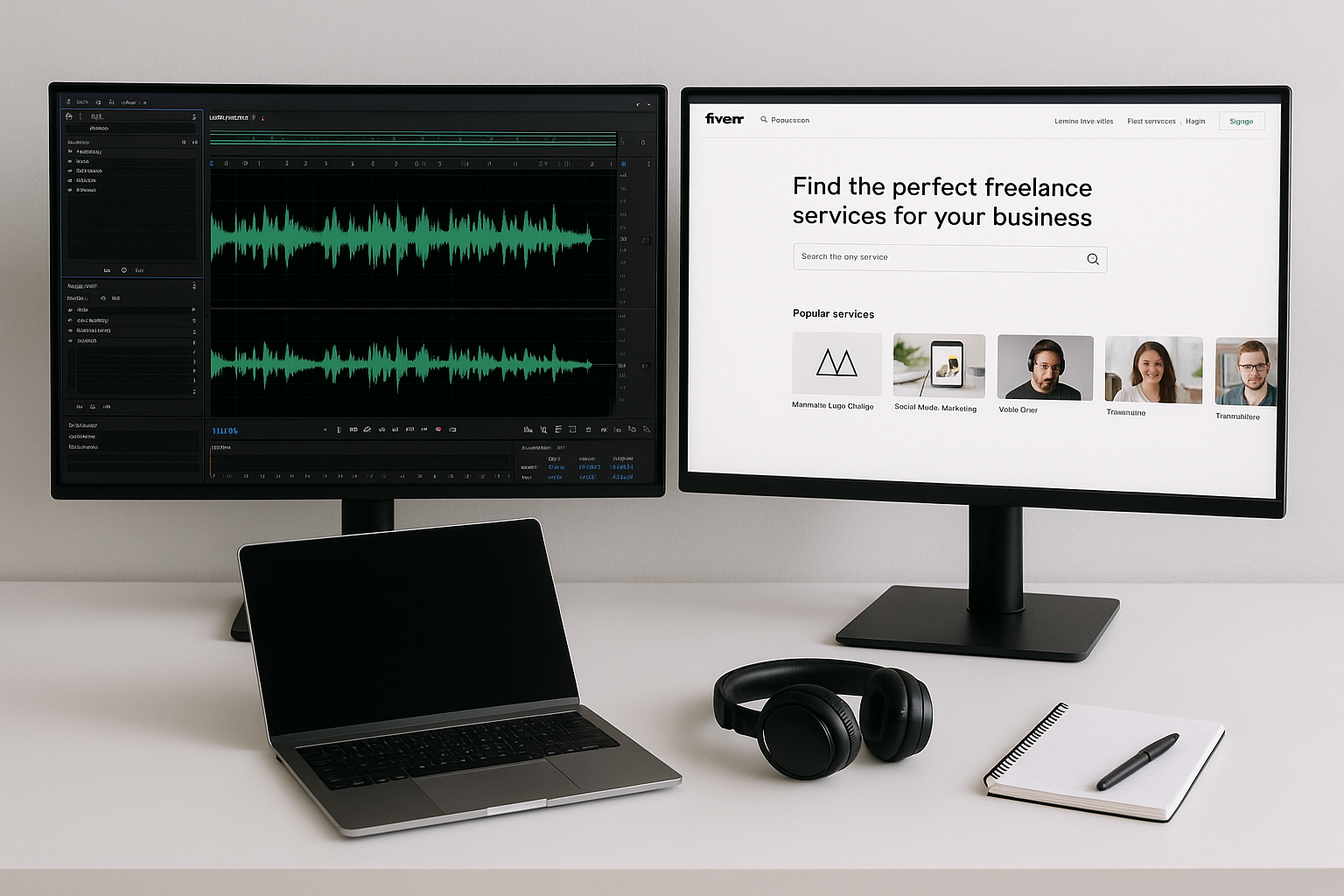bookkeeping yourself vs hiring bookkeeper is a dilemma many entrepreneurs face when they find themselves buried under paperwork, receipts, and financial reports. It can be challenging to decide whether doing your own books is worth the time expenditure or if a professional’s expertise justifies the added cost. Add to this the allure of automating back-office tasks, and the decision becomes even trickier.
In this article, we’ll break down the main considerations for small and growing businesses. We’ll explore the much-debated topic of bookkeeping yourself vs hiring bookkeeper, discuss whether it’s possible to automate admin tasks vs virtual assistant support, and highlight how to calculate productivity gains outsourcing may bring. By the end, you’ll have a clear roadmap for making the right decision for your unique business needs.
Key Takeaways
- DIY bookkeeping can save money initially but often consumes 6–10 hours weekly in administrative tasks.
- Hiring a bookkeeper typically increases accuracy, reduces compliance risks, and frees up hundreds of hours each year.
- Automation tools streamline repetitive workflows, while virtual assistants add human judgment and flexibility.
- Use a cost of time saved calculator to determine potential gains from outsourcing, factoring in your effective hourly rate.
- Understanding the risks of outsourcing admin tasks helps you avoid security pitfalls, data mismanagement, and vendor dependency.
Why Bookkeeping & Admin Tasks Matter
Bookkeeping encompasses more than just updating spreadsheets. It involves recording all financial transactions, preparing management reports, and staying compliant with tax regulations. Businesses also deal with scheduling, email correspondence, payroll, and data entry—activities that eat into valuable growth time.
Research suggests that small business owners spend on average 6–10 hours per week on these tasks (Source). Over a year, that’s hundreds of hours not spent on strategic planning. The productivity gains outsourcing or automating these tasks can be substantial enough to spark the question: Am I better off managing the books alone, or should I consider bookkeeping yourself vs hiring bookkeeper as a serious decision?
Option 1: Bookkeeping Yourself
Doing your own bookkeeping can seem like the most cost-effective approach. You’ll typically pay for accounting software and handle the rest yourself. This setup parallels the logic found in DIY vs outsourcing design scenarios, where you trade time for upfront savings.
Pros:
- Low direct costs: Accounting software can cost as little as $20–$50 per month.
- Full control: You see all the transactions and can closely monitor cash flow.
- Hands-on financial literacy: Learning these tasks deepens your understanding of the business’s financial health.
Cons:
- Time sink: DIY bookkeeping can add up to 312–520 hours per year.
- Error-prone: According to one study, 60% of self-prepared records require professional cleanup.
- Compliance risk: Filing errors mean penalties that average $845 per year (Source).
- Opportunity cost: Every hour spent managing accounts is an hour diverted from revenue-generating tasks.
Option 2: Hiring a Professional Bookkeeper
Turning to a pro can spare you the grunt work of data entry. Professional bookkeepers manage your statements, payroll, and compliance. This closely resembles the decision in building websites yourself vs hiring a developer, where expertise can reduce long-term costs.
Pros:
- High accuracy: Trained bookkeepers know the ins and outs of accounting software like QuickBooks or Xero.
- Time reclaimed: When you outsource, you free up 6–10 hours weekly.
- Strategic insights: Many bookkeepers offer forecasting and KPI dashboards, giving you clarity on financial trends.
Cons:
- Monetary cost: An in-house bookkeeper can range from $45,000–$60,000 annually, while an outsourced firm could cost $300–$850 monthly (Source).
- Vetting needed: Finding a reliable provider requires checking credentials, references, and writing a clear engagement agreement.
- Data sharing: You’ll need secure portals and NDAs to protect sensitive information.
Studies indicate that professional bookkeeping saves businesses an average of $5,000 annually in penalties and rework (Source).
Automate Admin Tasks vs Virtual Assistant
Beyond bookkeeping yourself vs hiring bookkeeper, some entrepreneurs opt for broader solutions to handle all back-office duties. This includes creating automated workflows or enlisting a virtual assistant.
Automation:
- Software Tools: Zapier, Calendly, or Dext can streamline invoice processing, scheduling, and data entry.
- Ongoing cost: Typically $50–$200/month for SaaS solutions, plus setup time.
- Drawbacks: Limited judgment handling, plus occasional reconfigurations as your processes change.
Virtual Assistant (VA):
- Human flexibility: VAs can adapt to new tasks and spot irregularities a program might miss.
- Scalable: Pay only for the hours you need, whether it’s 10 or 40 per week.
- Drawbacks: Requires training and oversight, as well as robust data security measures.
Combining automation and a VA can deliver the best of both worlds. You let software handle repetitive tasks while leveraging a VA’s human judgment for more complex issues, effectively balancing cost and nuance.
Productivity Gains Snapshot
| Option | Annual Cost Range | Hours Consumed/Saved | Accuracy/Compliance Score | Scalability | Main Risks |
|---|
| DIY Bookkeeping | $240–$600 (software) | -312 to -520 hours | 60–70% | Low | Errors, Penalties, Time Drain |
| Professional Bookkeeper | $3,600–$10,200 | +312 to +520 hours | 95–99% | Medium | Cost, Data Security |
| Automation | $600–$2,400 | +200 to +400 hours | 90–95% | High | Setup Time, Exceptions |
| Virtual Assistant | $4,000–$20,000 | +200 to +400 hours | 80–90% | High | Training, Communication |
This table highlights where productivity gains outsourcing may occur, especially when bookkeeping is combined with broader admin support.
Cost of Time Saved Calculator
One way to quantify the impact of these options is to use a cost of time saved calculator. Here’s the formula:
(Owner hourly rate × hours currently spent on admin tasks) – (outsourcing/automation cost) = net ROI
Imagine your hourly rate is $100, and you spend 8 hours each week on bookkeeping and admin. That’s 416 hours a year, or $41,600 in opportunity cost. If outsourcing and automation run you $12,000 per year total, you’d still see a net gain of $29,600 in extra time to focus on revenue-related work.
For a deeper dive, check out your own numbers using a reliable cost of time saved calculator that factors in taxes, overhead, and potential revenue from reallocated hours.
Risks of Outsourcing Admin Tasks & Mitigation
While outsourcing can offer substantial savings, consider the risks of outsourcing admin tasks and how to minimize them:
- Data security: Insist on secure portals, NDAs, and compliance with regulations like GDPR.
- Quality control: Set clear KPIs, conduct periodic reconciliations, and define service-level agreements.
- Vendor dependency: Maintain up-to-date SOPs and ensure dual-access logins. Have termination clauses ready.
- Hidden costs: Scope creep or unclear fees can inflate expenses. Factor in platform fees and additional services upfront.
By addressing these risks proactively, you can confidently embrace the advantages of productivity gains outsourcing may deliver.
Decision Framework & Action Steps
When deciding between bookkeeping yourself vs hiring bookkeeper, ask yourself:
- Time vs. money: How valuable is your time compared to the cost of professional services?
- Business size: Smaller ventures might manage DIY, but higher transaction volumes favor professional help.
- Growth goals: As revenue scales, so does the need for accurate, strategic financial data.
- Expertise: Are you comfortable with compliance and advanced bookkeeping software?
- Scalability: Do you anticipate rapid growth that will outpace your DIY abilities?
Action Steps:
- Calculate your annual time spent on admin and bookkeeping.
- Run these figures through a cost of time saved calculator to see potential ROI.
- Test a 90-day pilot with a professional service or automation tool to measure impact.
- Review your processes quarterly. As your business evolves, your strategy may shift.
Conclusion
Ultimately, the choice of bookkeeping yourself vs hiring bookkeeper boils down to how you value your time and the complexity of your financial operations. While a DIY approach provides control and saves cash, it can lead to errors and drained hours. Hiring a bookkeeper or leaning on automation often frees you to focus on growth, strategy, and relationships—key drivers of business success.
Only you can weigh the trade-offs between cost, time, and oversight. What’s crucial is taking a systematic look at whether your current method is truly serving your long-term vision. Keep an eye on where your schedule and finances align, and don’t hesitate to pivot if your needs evolve.
Remember, there’s no one-size-fits-all solution. Regularly reviewing your processes ensures you remain agile in a changing business landscape. By carefully evaluating your own numbers and adopting the right balance of professional help and technology, you’ll position your company for sustainable growth.
Frequently Asked Questions
Q1: How many hours do small business owners spend on bookkeeping each week?
A: On average, small business owners can spend between 6 to 10 hours weekly managing receipts, bank reconciliations, and financial statements. This significant time commitment is often a prime reason for outsourcing or investing in automation.
Q2: Do professional bookkeepers handle taxes as well?
A: Many licensed bookkeepers can assist with tax-year preparation and common filings. However, for more complex tax matters, a dedicated accountant or CPA might still be required.
Q3: Is automation alone enough for comprehensive bookkeeping?
A: Automation is excellent for repetitive tasks like invoicing or data entry. Yet, human oversight remains crucial for nuanced decision-making, troubleshooting exceptions, and strategic financial insights.
Q4: How do I ensure security when outsourcing admin tasks?
A: Look for secure data-sharing systems, enforce NDAs, and verify the provider’s compliance with privacy regulations. Regularly review user access and maintain emergency backups.
Q5: What if I only need partial help with bookkeeping?
A: You can hire a freelance bookkeeper or virtual assistant on an hourly or project basis. This offers flexibility so you can outsource specific tasks while retaining control over others.




